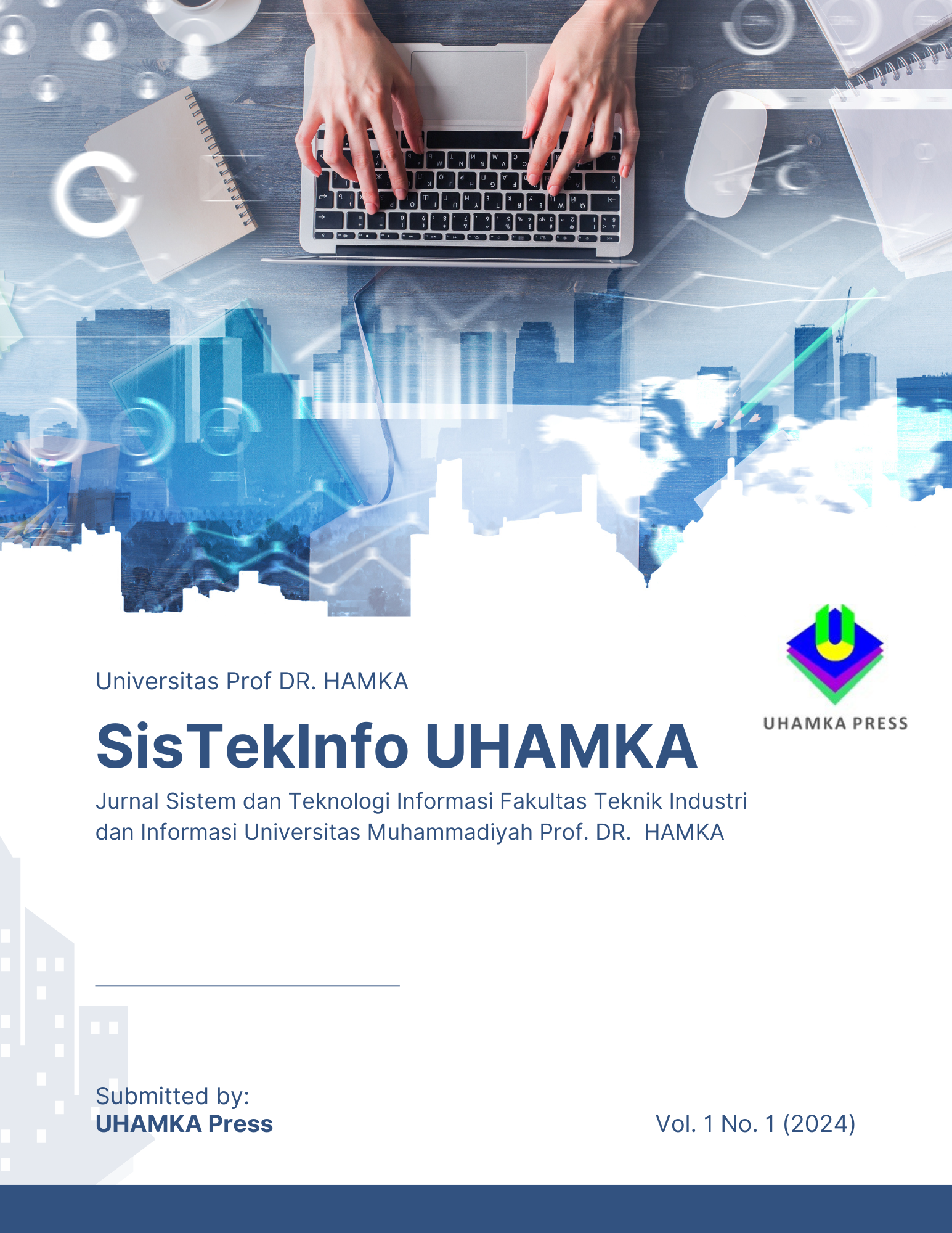Main Article Content
Abstract
The ethics of the informatics profession is a crucial aspect in the development of information and communication technology, particularly in the context of the growing prevalence of cybercrime. As technology rapidly advances, the risks and threats of cybercrime continue to escalate, posing potential harm to various parties, including individuals, organizations, and governments. This underscores the importance of professional ethics in the field of informatics to combat cybercrime and maintain public trust in technology.
This article discusses the relationship between informatics professional ethics and cybercrime, as well as how ethical practices can aid in the prevention, detection, and handling of cybercrimes. Informatics professionals, such as software developers, security analysts, and network administrators, have a moral and professional responsibility to ensure that the technologies they develop or manage are not used for harmful or illegal purposes. Unethical actions, such as malware dissemination, illegal hacking, and data privacy breaches, can have a detrimental impact on the reputation of the informatics profession and erode public trust in information technology.
Public trust heavily depends on the ability of informatics professionals to demonstrate integrity, transparency, and responsibility in all their activities. In this regard, professional ethics serves as a guideline that helps professionals make the right decisions, especially when faced with complex dilemmas related to data security and user privacy. For instance, when a company faces a cyberattack, professional ethics will encourage them to act transparently, communicate the situation to customers, and take necessary steps to protect individual data and privacy rights.
The article also explores the challenges faced by informatics professionals in applying ethics in their daily practices, including pressures to meet business targets that can blur the line between ethical and unethical practices. Furthermore, technological advancements, such as Artificial Intelligence (AI) and big data, present new ethical dilemmas that require special attention. In this context, a high level of ethical awareness and a commitment to professional standards are essential to maintaining integrity and trust in the use of technology.
This study concludes that the implementation of professional ethics in the field of informatics is key to overcoming the challenges posed by cybercrime and maintaining public trust in information technology. Through a deep understanding of professional ethics, informatics professionals can act as the frontline defense in protecting society from cyber threats while ensuring that technology continues to provide positive and sustainable benefits. Therefore, increasing awareness and education about informatics professional ethics should be a priority, both in academic and industrial environments, to create a safe and trustworthy technological ecosystem.
